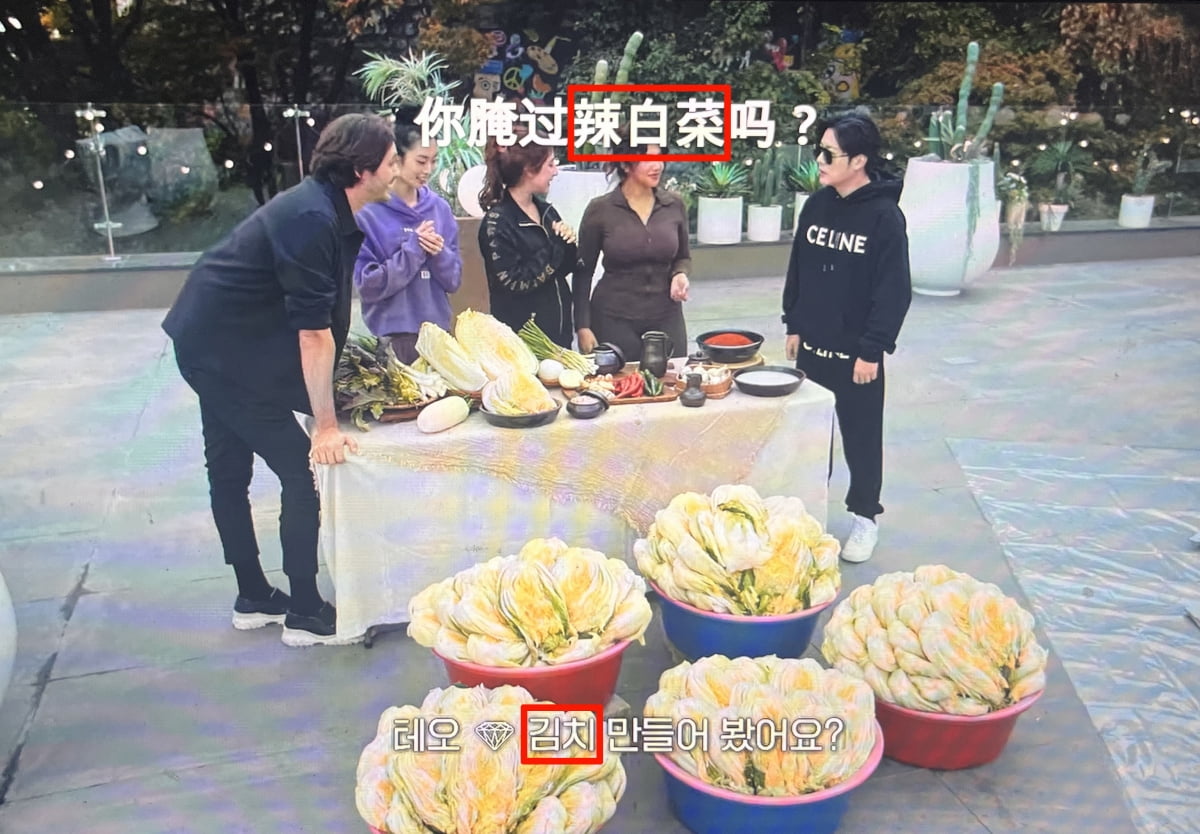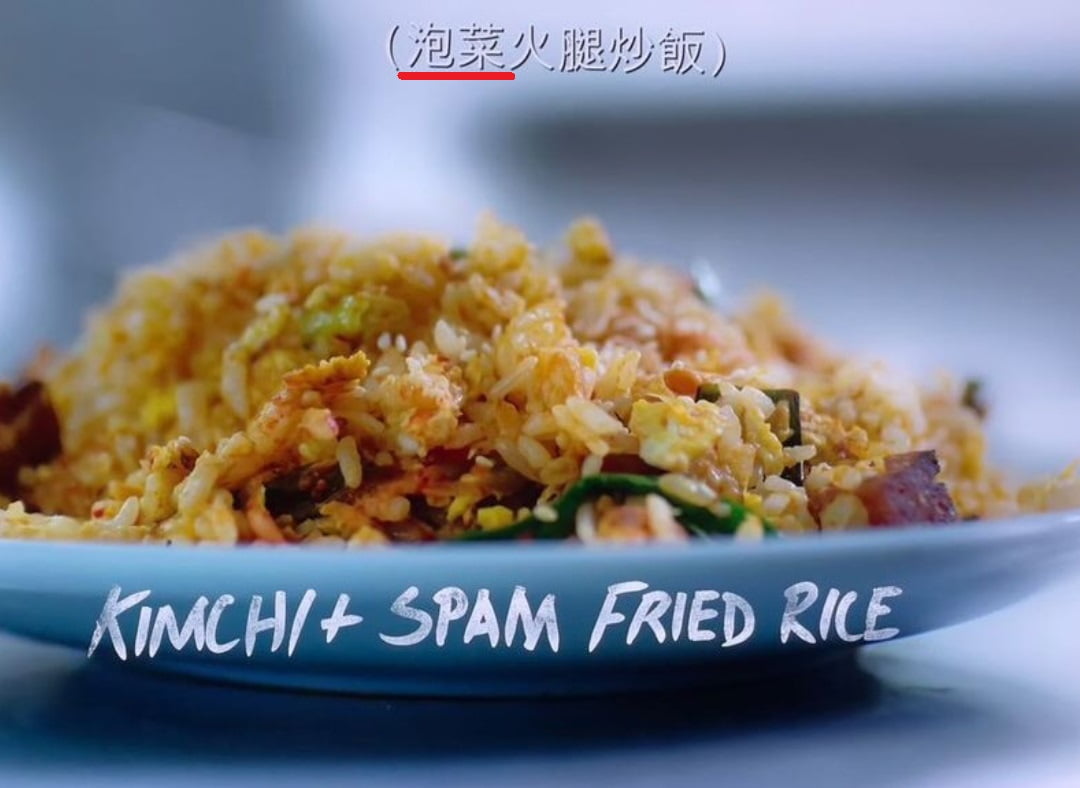TV
Why on earth is Netflix like this? Following the ‘Sea of Japan’ controversy, kimchi was mistranslated as ‘labai chai’ again.

In episode 6 of 'Super Rich Stranger', while the cast was talking about kimchi, many of the Chinese subtitles were mistranslated as 'labai chai'.
Regarding this, Seo Gyeong-deok, a professor at Sungshin Women's University, said, "I found out about it because many netizens reported it, and since Netflix has global influence, I immediately sent a protest email."
He also emphasized, "As China's 'Kimchi Process' continues continuously, this situation must be corrected as quickly as possible because it can provide an excuse for China."

Professor Seo pointed out, “Last year, Netflix caused a lot of controversy by writing ‘kimchi’ as ‘paochai’ (泡菜) in many Chinese subtitle services.”
In addition, he said, "If it is a truly global company, it will have to pay more attention to sensitive issues in one country."
Meanwhile, Netflix recently caused great controversy by writing 'East Sea' as 'Sea of Japan' in the 'Spanish (Latin America)' subtitles on 'The Eight Show'.
Choi Ji-ye, Ten Asia Reporter wisdomart@tenasia.co.kr